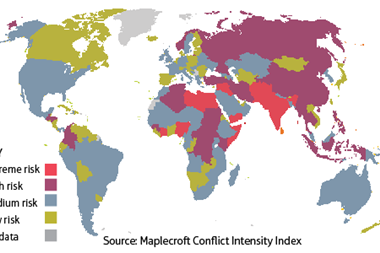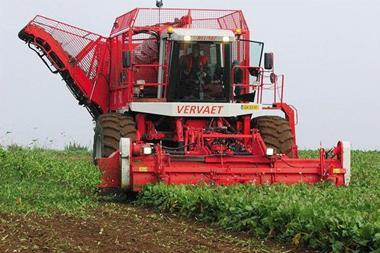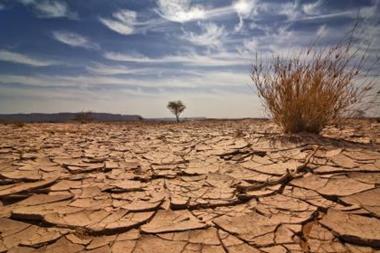Food security, geopolitical instability, economic shocks and climate change are key risks to the region
The prospects of Africa sustaining 5% growth are achievable, but a number of risks loom large, threatening future development and security, according to a report released today by the World Economic Forum's Global Risk Network.
The Africa@Risk 2008 report highlights trends, potential consequences and mitigation relevant to four key risks facing Africa.
Food and freshwater security – How best can Africa cope with increasing food and freshwater insecurity? What are the risks and opportunities for the region?
Geopolitical instability – Can Africa sustain and consolidate progress on transparent and democratically accountable governance? Can it increase its institutional capacity to prevent, manage and resolve both intrastate and interstate conflict?
Economic shocks – Can African resource-rich countries reduce their commodity dependency by diversifying their economies? How can wealth be better distributed? How can African countries increase their trade benefits?
Climate change, the environment and challenges to Africa’s development – How will global warming affect Africa? How best can the region, countries, businesses and communities adapt to mitigate its effects?
As with all global risks, these four threats to Africa’s future are not isolated risks; their drivers, triggers and potential consequences are highly interconnected, stressed the report.
Irene Casanova, co-author of the report and a member of the Forum's Global Risk Programme, said: ‘Food and water security will be affected by how climate change impacts the region as well as by global and regional economic conditions. As food is a major proportion of poor people’s consumption basket, higher food prices may threaten political stability in Africa, leading to a regressive economic crisis, and placing Africa’s growth at risk.
Likewise, acute water shortages might exacerbate intercommunity and interstate tensions and blight prospects for development,” said Gareth Shepherd, co-author of the report and member of the Forum’s Global Risk Programme.
Added Shepher: ‘Urgent collective action is required, including raising agricultural productivity, strengthening local adaptation to climate change, improving governance and enhancing economic resilience through diversification. Decision-makers cannot assume that tomorrow’s growth story will read like today’s. The economic fundamentals are in place, but political dynamics and the scope of structural reforms are more likely to shape the next chapter. The report concludes that for Africa – a continent characterized by huge opportunities and ever-increasing regional and global interdependence – the imperative is for collective action to mitigate these shared risks.’



















No comments yet